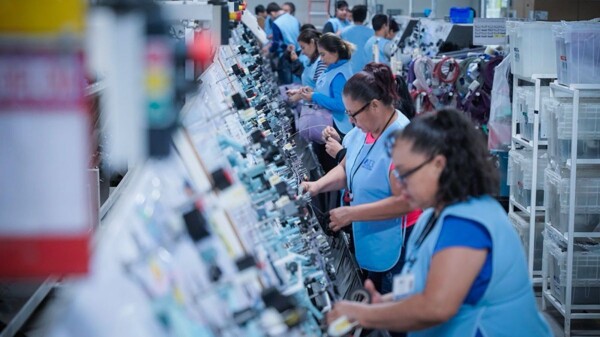
Mexico will face a critical scenario in the production of white maize by 2025, according to Claudia Fernández, director of information and consulting and partner at GCMA. Fernández highlighted that drought and climate change have severely impacted white maize production in recent years, and projections for 2025 are even more concerning.
In an analysis conducted by GCMA on the key products in the agri-food sector, it is estimated that white maize production in Mexico will drop to 21.7 million tons in 2025, posing a significant challenge given the increase in domestic consumption.
The drop in white maize production is attributed to the extreme drought that affected Northwestern Mexico, especially Sinaloa, the country's main maize-producing state. Compared to previous years, it is projected that production in Sinaloa will drastically decrease to 1.97 million tons in 2025 from the previous 5-6 million tons.
In response to this situation, President Claudia Sheinbaum presented the National Plan for Maize and Tortilla in October, aiming to achieve food self-sufficiency of non-GMO white maize and reduce tortilla prices. Mexico is expected to import 25.2 million tons in 2025, consolidating its position as the world's main maize importer.
For the first time since 1989, Mexico will face a deficit in white maize production, a variety essential for making tortillas, flour, and nixtamal. The GCMA director emphasized that it will be necessary to import white maize to meet domestic demand, contradicting the federal government's efforts to reduce the price of tortillas by 10%.
In light of this outlook, the need to increase the production of basic foods such as maize, beans, rice, milk, sorghum, and various vegetables has been emphasized to avoid excessive increases in food prices, as pointed out by Agriculture Secretary Julio BerdeguÉ in October 2024.













